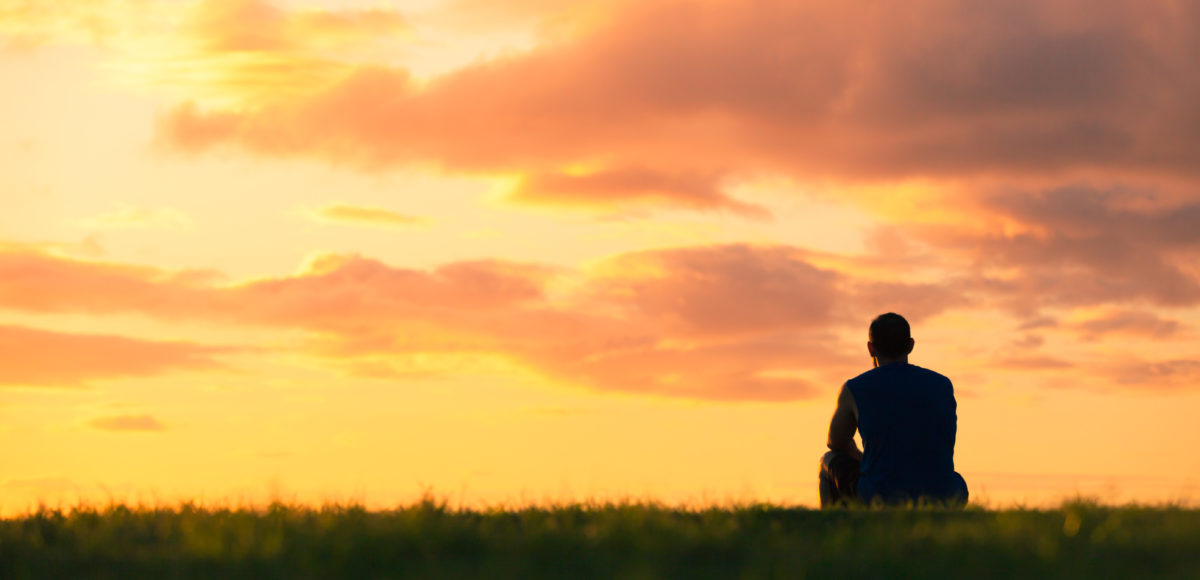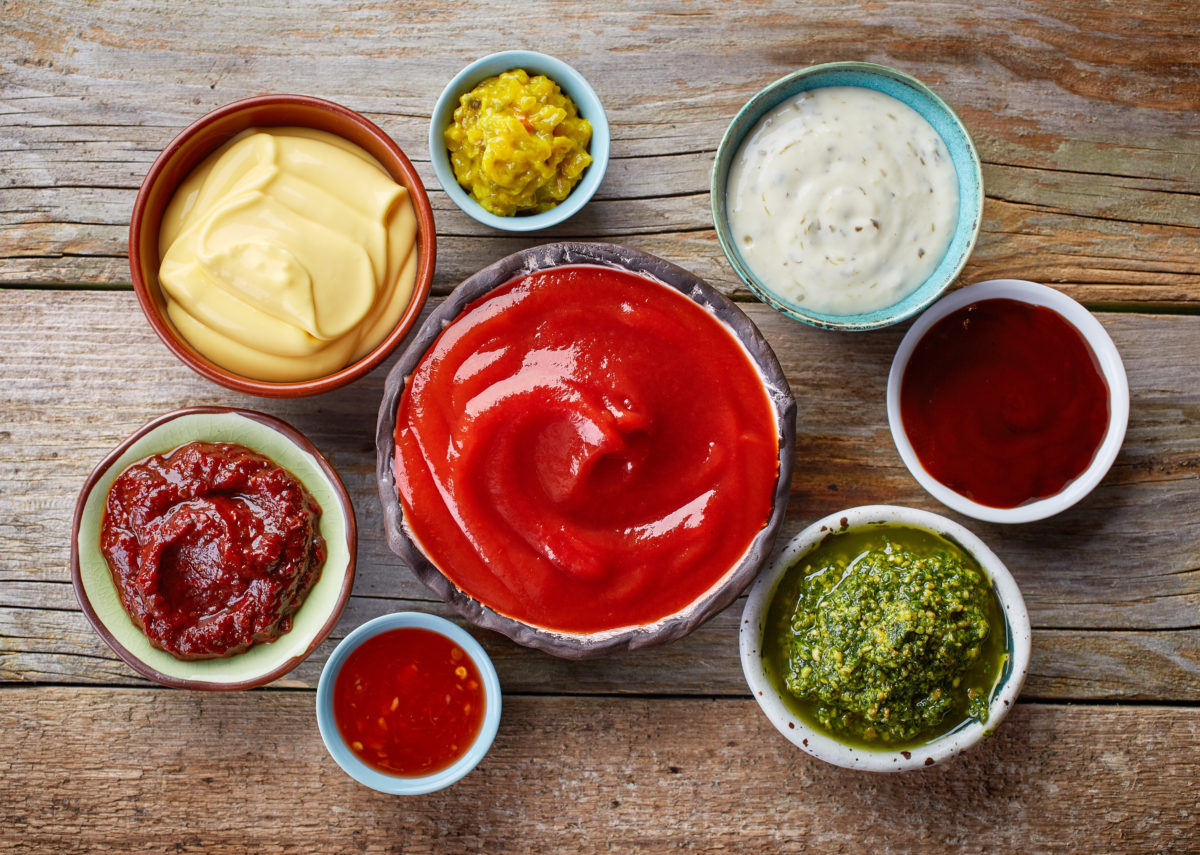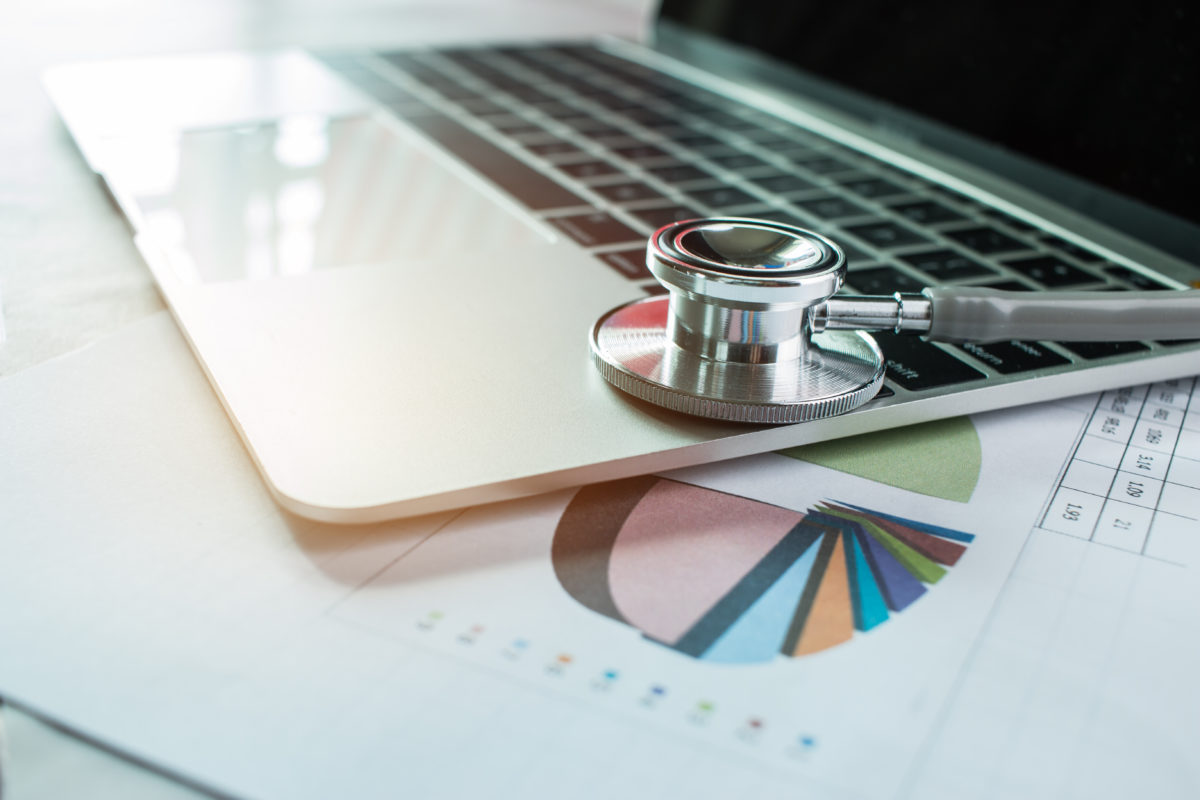The former United States Surgeon General, Vivek Murthy, when asked about the #1 disease facing our nation, said “…the most common pathology I saw wasn’t heart disease or diabetes. It was loneliness.”
Guess what? Like pretty much everything else out there, when it comes to social time versus alone time, moderation is key. Humans are social beings, whether we acknowledge that or not.
The time we may spend feeling lonely can be damaging to our physical selves as much as the heartache of loneliness can damage our, well, “hearts.”
Basically, loneliness causes STRESS on the body leading to high blood pressure, weakened immunity, and revved up inflammation throughout the body.
So what defines being lonely? Just feeling lonely!
The mere feeling of loneliness triggers a cascade of cortisol and other stress hormones, leading to increased risk for chronic inflammation, stroke, and heart attack.
What do all of the factors lead up to? A lifespan, on average, of 15 years less than those not often lonely. This is comparable to the detrimental effects of being obese or having smoked cigarettes for 15 years.
Evolutionarily, loneliness triggers stress hormones so the individual will be alert and ready to face danger before they find protection in a group. It is even in our genetics to find our “pack.”
Today, loneliness not only increases risk for physical disease, but for depression, anxiety, and insomnia.
Those without any support network are also more likely to take part in self-destructive behavior like drug abuse and overeating.
Why the spike in loneliness now?
People are living longer than ever and baby boomers in particular had less children than previous generations—so now 1 in 6 boomers lives alone. Moreover, 1 in 10 boomers has no living romantic partner or child in their life!
Loneliness is not just an issue for the older generations. The healthcare company, Cigna, ran a study on feelings of loneliness, and it turns out millennials ranked the highest for being lonely! This is likely due to the isolating effects the internet along with how social media affects us.
One study looking at hours millennials spend on social media showed that the top 25% of users were most likely to report feeling lonely, compared with those using social media the least.
Less contact with a real human being—makes sense that this would affect one’s health, doesn’t it?
Bottom line: If we understand the link between our feelings and our health, especially with regards to loneliness, we can make small changes to improve our health.
Loneliness is a tough thing to identify in a person, but it isn’t tough to “treat.”
If you know someone who is lonely, reach out! If you are now retired and think the internet is your only social outlet, think again and join a club! The occasional phone call to your parents or grandparents does make a difference.
Our minds and bodies, our physical feelings and our emotional ones, are all intricately interwoven. The data coming from the loneliness studies highlight the fact that we cannot ignore our emotions when it comes to taking care of our health.
 English
English French
French German
German






